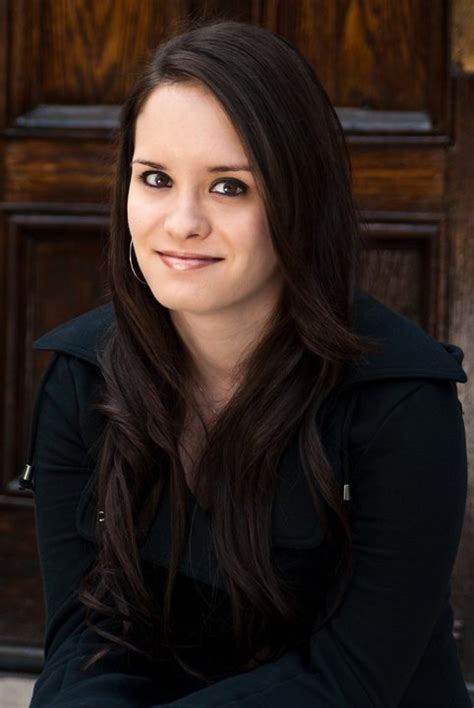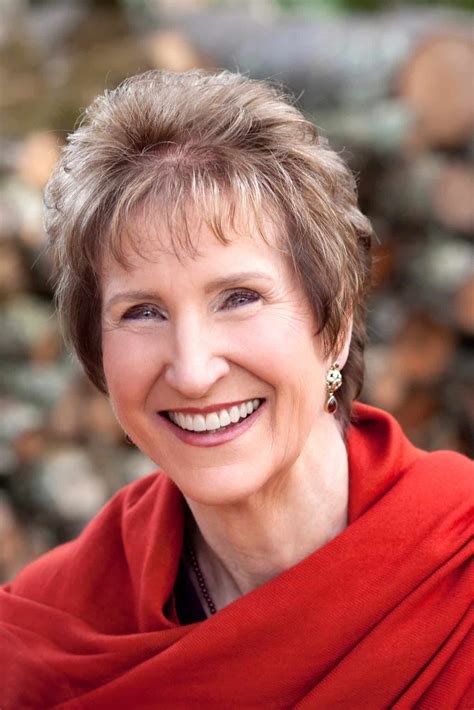A Quote by James Redfield
We're finally becoming aware of a process that has been unconscious since human experience began. From the start, humans have perceived a Birth Vision, and then after birth have gone unconscious, aware of only the vaguest of intuitions. At first in the early day of human history, the distance between what we intended and what we actually accomplished was very great, and then, over time, the distance has closed. Now we're the verge of remembering everything.
Quote Topics
Related Quotes
We could almost say that being willing to be a fool is one of the first wisdoms. So acknowledging foolishness is always a very important and powerful experience. The phenomenal world can be perceived and seen properly if we see it from the perspective of being a fool. There is very little distance between being a fool and being wise; they are extremely close. When we are really, truly fools, when we actually acknowledge our foolishness, then we are way ahead. We are not even in the process of becoming wise — we are already wise.
The unconscious is the only available source of religious experience. This in certainly not to say that what we call the unconscious is identical with God or is set up in his place. It is simply the medium from which religious experience seems to flow. As to what the further cause of such experience might be, the answer to this lies beyond the range of human knowledge.
No one can take from us the joy of the first becoming aware of something, the so-called discovery. But if we also demand the honor, it can be utterly spoiled for us, for we are usually not the first. What does discovery mean, and who can say that he has discovered this or that? After all it's pure idiocy to brag about priority; for it's simply unconscious conceit, not to admit frankly that one is a plagiarist.
Our ability to understand ourselves is now expanding beyond the information that we can receive from our five senses. We're becoming aware of ourselves as more than minds and bodies. We are becoming aware of ourselves as souls while we simultaneously have personalities and walk upon the earth. That is the huge transformation that is reshaping the human experience - the expansion of our perceptual capability beyond the five senses. We're becoming multisensory.
This fact was something I also learned from this first novel that I needed personal experience to invent, to fantasize, to create fiction, but at the same time I needed some distance, some perspective on this experience in order to feel free enough to manipulate it and to transform it into fiction. If the experience is very close, I feel inhibited. I have never been able to write fiction about something that has happened to me recently. If the closeness of the real reality, of living reality, is to have a persuasive effect on my imagination, I need a distance, a distance in time and in space.
Now consciousness, what is consciousness? Consciousness is being aware of one's surroundings, recognizing the existence, truth or fact of something; being aware of the very moment, the very instant that you are in; being aware of how you affect the human social, political, and natural ecology you are a part of and how it affects you. Consciousness is being informed and instructed through your groups peculiar culture on the effects of the varied ecologies on your immediate and distant ancestors, and to be aware of their interpretation of that experience.
But then why, when talking on the phone, did they quarrel, on average at least once every four sentences? Maybe, though the inspector, it was an effect of the distance between them becoming less and less tolerable with each passing day, since as we grow old - for every now and then one must, yes, look reality in the eye and call things by their proper names - we feel more keenly the need to have the person we love beside us.
It was no accident, no coincidence, that the seasons came round and round year after year. It was the Lord speaking to us all and showing us over and over again the birth, life, death, and resurrection of his only begotten Son, our Savior, Jesus Christ, our Lord. It was like a best-loved story being told day after day with each sunrise and sunset, year after year with the seasons, down through the ages since time began.



































